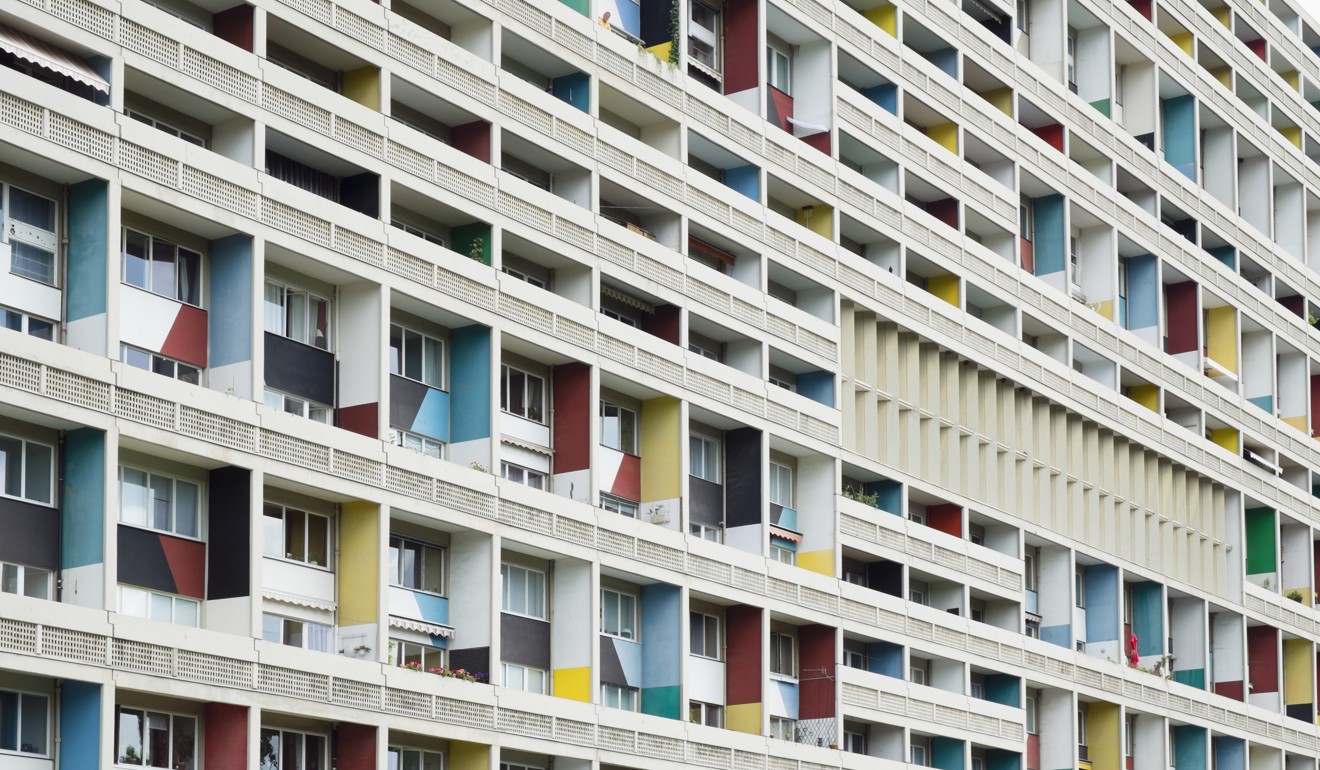
Is Germany the next property investment market for Hong Kong investors?
With Brexit uncertainty, the US being overbought and high interest rates in Canada and Australia, Germany could be a viable option among developed markets

As the Hong Kong market continues to heat up, Brexit uncertainty, and other global markets appearing priced in, investors in Hong Kong are increasingly looking to western Europe, specifically Germany.
Germany, despite boasting Europe’s largest economy and population, has not always been a natural destination for Hong Kong investors seeking to invest in property overseas. Perhaps due to an Anglo-centric bias from Hongkongers, and other jurisdictions closer to home, the German property market has hitherto been overlooked for some years.
However, compelling data and a favourable investing environment are contributing to its recent surge in popularity. The recently published Global Real Estate Outlook Report compiled by IP Global, which tracks potential markets around the world for investing into property, singled out Germany as one of the most attractive jurisdictions available.
There is a marked housing supply-demand imbalance in major cities across Germany, which is particularly prevalent in Berlin and Frankfurt, and increasing with flourishing migrant populations and a birth rate that has risen to a 33-year high. This supply deficit is forecast to remain at levels of up to 40 per cent until 2030.
In Germany’s capital, 40 per cent of the population is under 35 years old and the city ranked third on the 2016 Youthful Cities Index. Berlin’s growing number of start-ups and new businesses is also fuelling population growth and a youth-centric culture, with 400,000 new residents expected by 2030. This demand is likely to put further upward pressure on prices in the coming year. Currently, Berlin boasts a 1.2 per cent vacancy rate due to a chronic undersupply in housing. In 2016, 12,000 new homes were built against the demand for 20,000.

The government meanwhile is attempting to limit the amount of supply in the market for rental units, which has meant an even greater uptick in demand from potential owners. We have seen a lot of proactive enquiries from Hong Kong buyers who are finally warming to the idea of investing in Germany, on a buy to let basis, based on the fundamentals driving the market, as well as the prospect of zero per cent capital gains tax further down the line.
The government meanwhile is attempting to limit the amount of supply in the market for rental units, which has meant an even greater uptick in demand from potential owners
A new phenomenon, which has attracted a lot of attention from Hong Kong investors, is that of micro-flats.
Across Europe, the populations of large cities are expanding by an average of 1.5 per cent per year.
Similarly, younger demographics including students, young professionals and start-up entrepreneurs who aspire to live in large cities as a lifestyle choice, find the properties attractive because they are more concerned with getting out and exploring new places than spending time indoors.
For investors looking to purchase micro-flats, the main draw is the very attractive rental yields that they offer. The small square-footage of the units allows owners to rent them out at costs that, compared to the average property or full-sized home, are relatively high per square foot, but that are also affordable to tenants who might not be able to afford to live in a larger property in a central location.
For example, Neukölln has the second highest rental growth in Berlin only behind Friedrichshain, its more developed neighbour, and its popularity keeps increasing as more shops, restaurants, bars and cafes keep opening week on week. As a result, the studio flats have high yields – up to 6.4 per cent compared to the 3 to 3.5 per cent average in Berlin.
Brexit continues to cause issues for some investors into the UK, the US is looking overbought, and very high interest rates are currently prevalent in Australia and Canada. Hong Kong investors looking to invest in property abroad are increasingly looking to Germany, which stands out among developed markets with its historically strong and flourishing economy, political stability and attractive demographics.
Ian Sigmund, an investment manager at IP Global from 2015 to 2018, has been managing director of Volsung since December 2018.